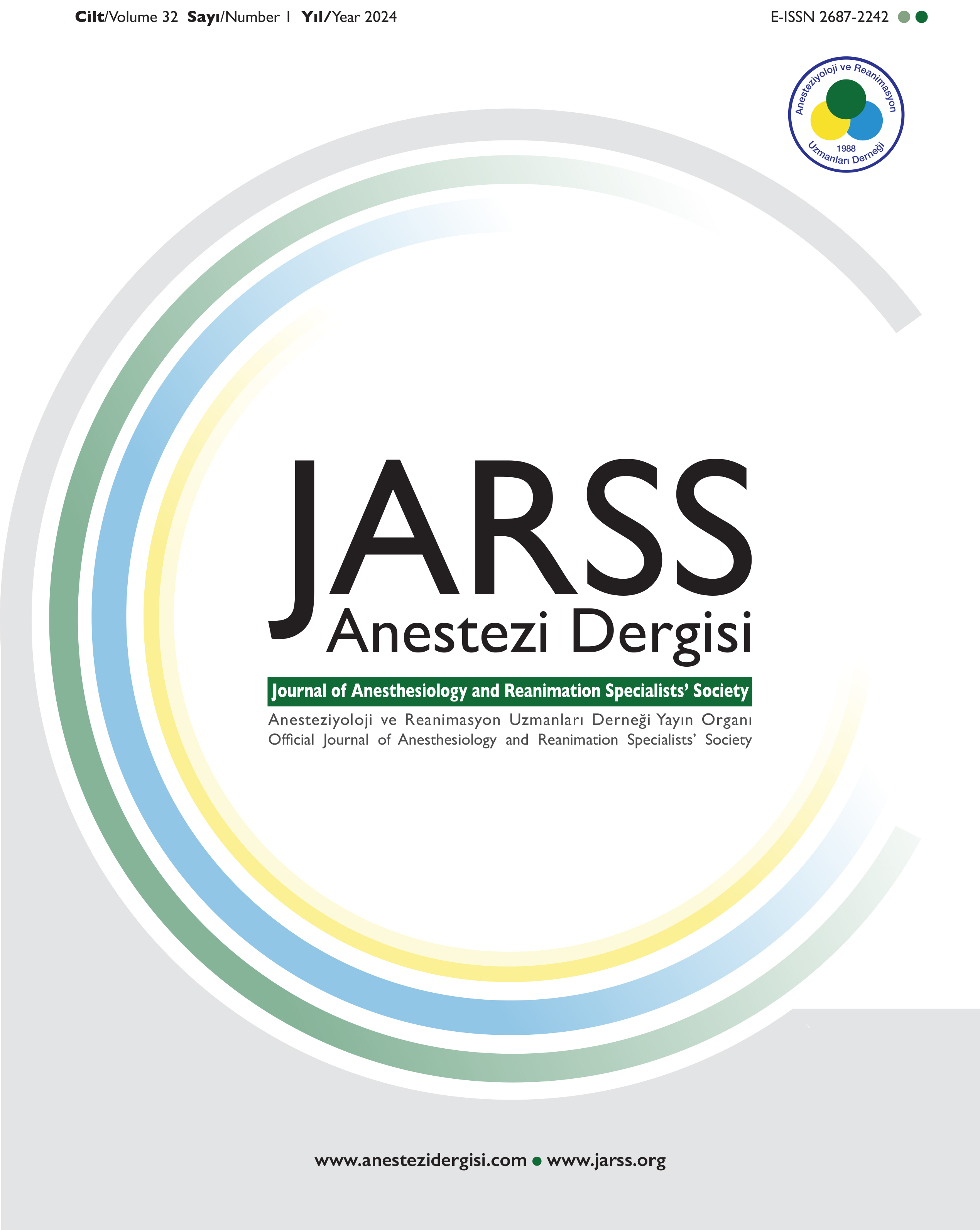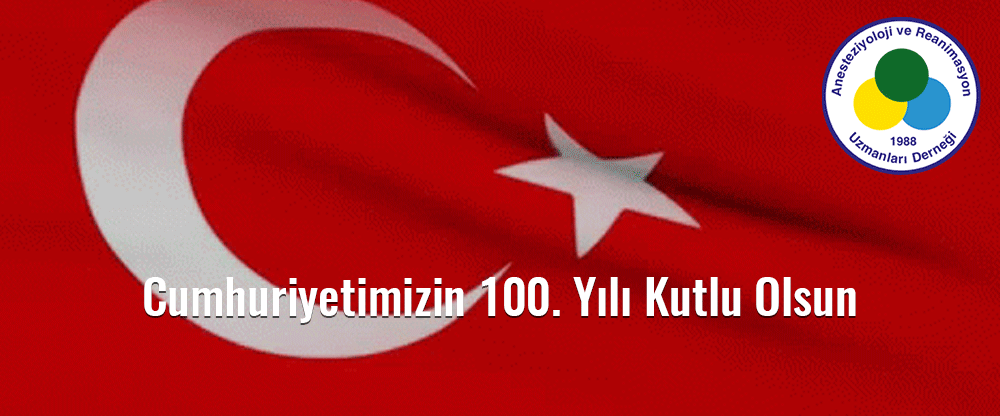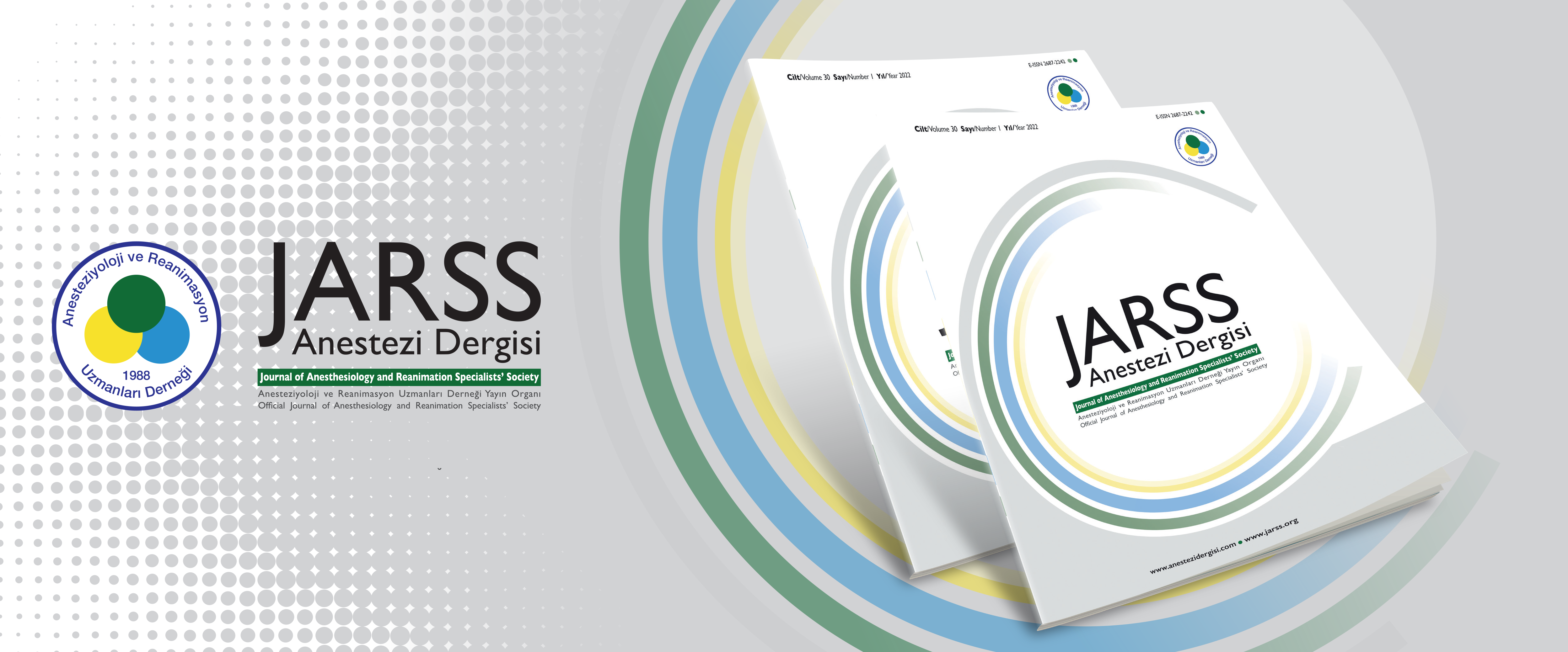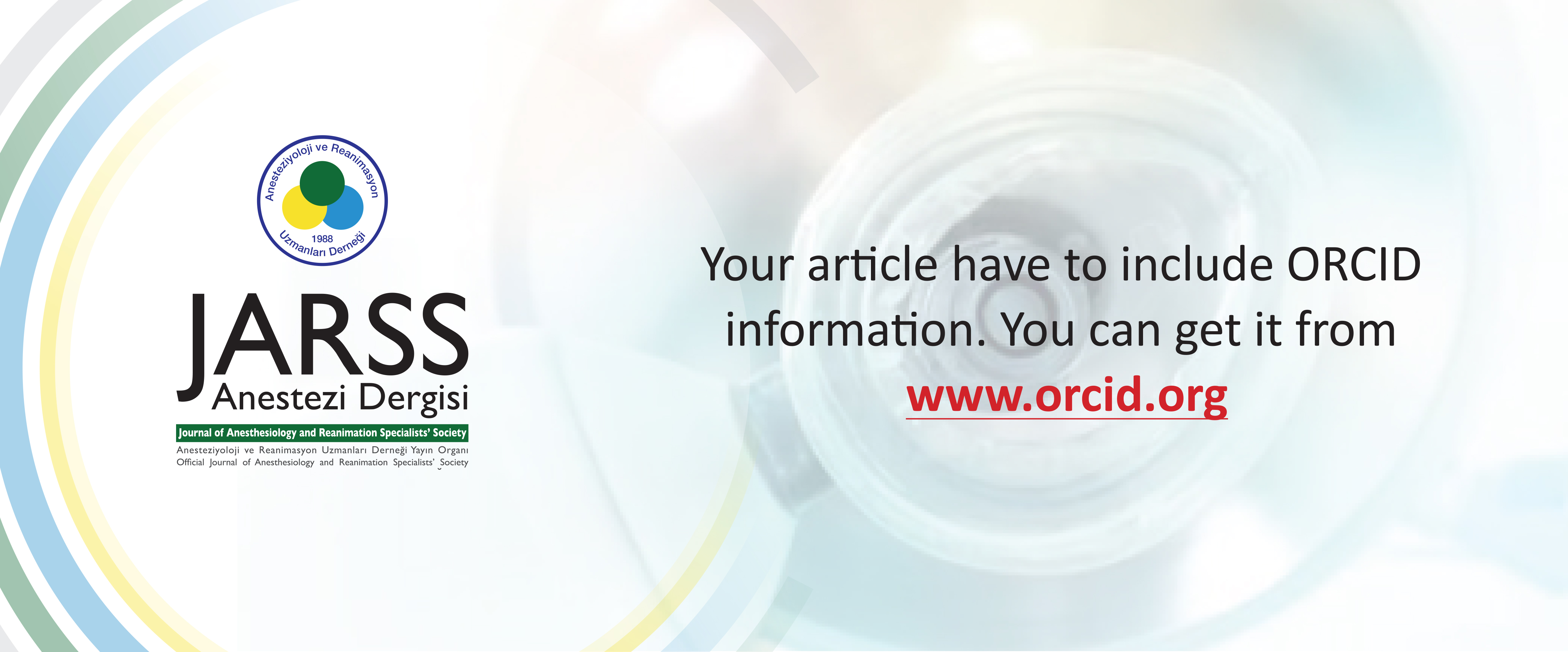Critical Illness in Pregnancy and Intensive Care
Banu KılıçaslanHacettepe University Faculty of Medicine, Department of Anesthesiology and Reanimation, AnkaraPregnant women may require Intensive Care Unit (ICU) at any stage of pregnancy for “obstetric” or “non-obstetric” causes. Many clinical situations can develop during pregnancy, such as hypertensive diseases, bleeding, venous thromboembolism, endocrine diseases, asthma, epilepsy, infection, and sepsis, which are common and require special management, however may not be critical. Most pregnancies with these complications have uneventful outcomes for both mother and fetus. Of 1-3% pregnancies with critical diseases require ICU care. Obstetric bleeding and hypertensive diseases are responsible for 55% of ICU admissions. However, the growing fetus is completely dependent on the mother for oxygenation, nutrition, and removal of other waste products. This “second guest” is always considered in the management of the pregnant patient. Optimal management of the mother often constitutes the best treatment for the fetus. It mostly involves multidisciplinary treatment by obstetricians, pediatricians, and anesthesiologists. During the pregnancy follow-up, delivery of the fetus may be necessary for maternal or fetal indications and should be planned. In this article, the determination of the physiological goals of the pregnant patient in the ICU, the general care principles, the follow-up of the treatment, and the follow-up of the fetus during all these stages will be discussed.
Keywords: Pregnancy, morbidity, critical care, obstetricGebede Kritik Hastalık ve Yoğun Bakım
Banu KılıçaslanHacettepe Üniversitesi Tıp Fakültesi, Anesteziyoloji ve Reanimasyon Ana Bilim Dalı, AnkaraGebelerin “obstetrik” veya “obstetrik olmayan” nedenlerle, gebeliğin herhangi bir aşamasında Yoğun Bakım Ünitesine (YBÜ) ihtiyacı olabilir. Gebelikte; hipertansif hastalıklar, kanama, venöz tromboembolizm, endokrin hastalıklar, astım, epilepsi, enfeksiyon ve sepsis gibi sık görülen ve özel tıbbi bakım gerektiren; aslında kritik hale gelmeyebilen pek çok klinik durum gelişebilir. Bu komplikasyonları olan gebelerin çoğu hem anne hem de bebek için, iyi sonuçlanabilen sorunsuz gebeliklere sahiptir. Kritik bir hastalığa sahip gebelerin %1-3’ü YBÜ tedavisine ihtiyaç duymaktadır. Obstetrik kanama ve hipertansif hastalıklar, YBÜ yatışlarının %55’inden sorumludur. Öte yandan büyüyen fetüs, oksijenasyon, beslenme ve atık ürünlerin atılması için anneye bağımlı olduğundan; anneye önemli talepler yükler. Bu “ikinci misafir” gebe hasta yönetiminde daima dikkate alınır. Annenin optimal yönetimi genellikle fetüs için en iyi tedaviyi oluşturur. Optimal hasta yönetimi; çoğunlukla kadın doğum uzmanları, çocuk doktorları ve anestezistler tarafından multidisipliner tedaviyi içerir. Gebenin takibi sırasında, fetüsün, maternal veya fetal endikasyonlar için doğumu gerekli olabilir ve planlanmalıdır. Bu yazıda; gebe hastanın YBÜ’deki fizyolojik hedeflerinin belirlenmesi, genel bakım prensipleri, tedavisinin izlemi ve tüm bu aşamalar sırasında fetüsün takibi tartışılacaktır.
Anahtar Kelimeler: Gebelik, morbidite, kritik bakım, obstetrikCorresponding Author: Banu Kılıçaslan, Türkiye
Manuscript Language: Turkish
(632 downloaded)


















